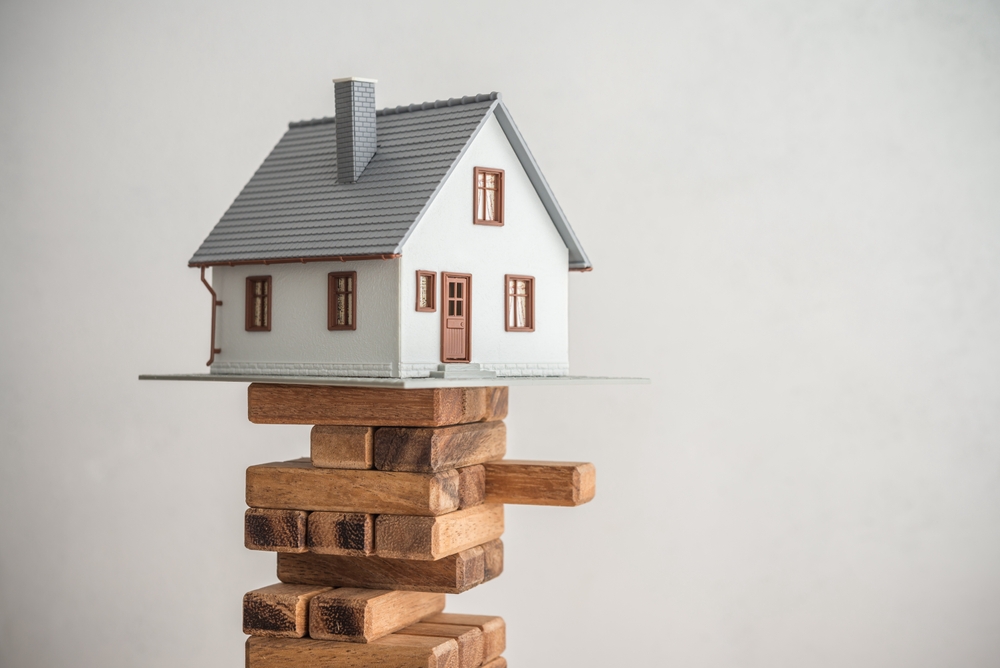Understanding Home Value: Key Factors and Maximizing Your Property's Worth
The concept of home value is central to the real estate market, influencing decisions for both buyers and sellers. A home's value is not just about its purchase price, but a complex interplay of various factors that contribute to its overall worth. Understanding these elements can help homeowners make informed decisions about their property investments and potential improvements.

The age and condition of the property are equally important. Newer homes or those that have been well-maintained and updated tend to be valued higher than older, neglected properties. The quality of construction, materials used, and any unique architectural features can also impact a home’s worth. Additionally, market conditions, including supply and demand in the local real estate market, can significantly influence property values.
How can renovations affect home value?
Renovations can be a powerful tool for increasing home value, but not all improvements yield the same return on investment. Kitchen and bathroom remodels often provide the highest returns, as these are areas that potential buyers focus on heavily. Updating these spaces with modern fixtures, energy-efficient appliances, and attractive finishes can significantly boost a home’s appeal and value.
Other valuable renovations include adding living space through finished basements or attics, improving energy efficiency with new windows or insulation, and enhancing curb appeal through landscaping or exterior updates. However, it’s crucial to consider the local market and comparable properties in the area to ensure that renovations don’t overprice the home for the neighborhood.
What role does the real estate market play in home value?
The real estate market has a substantial impact on home values. In a seller’s market, where demand exceeds supply, home values tend to rise as buyers compete for limited inventory. Conversely, in a buyer’s market with an abundance of properties available, home values may stagnate or even decrease. Economic factors such as interest rates, employment rates, and overall economic health also influence the real estate market and, consequently, home values.
Local market trends can vary significantly from national averages, so it’s essential to consider regional and even neighborhood-specific data when assessing home values. Working with a local real estate professional can provide valuable insights into market conditions and how they affect property values in a specific area.
How can homeowners accurately assess their property’s value?
Accurately assessing a home’s value is crucial for making informed decisions about selling, refinancing, or making improvements. While online home value estimators can provide a rough idea, they often lack the nuance and local market knowledge necessary for an accurate valuation. Professional appraisals offer the most comprehensive and reliable assessment of a home’s value.
Appraisers consider various factors, including the home’s size, condition, location, and recent sales of comparable properties in the area. They also take into account any unique features or improvements that may set the property apart. For a less formal estimate, homeowners can research recent sales of similar homes in their neighborhood or consult with a local real estate agent who has in-depth knowledge of the local market.
What strategies can increase a home’s value over time?
Maintaining and gradually improving a property over time is one of the most effective strategies for increasing home value. Regular maintenance prevents small issues from becoming costly problems and keeps the home in good condition. This includes tasks like regular painting, updating fixtures, and maintaining landscaping.
Strategic improvements that align with current market trends and buyer preferences can also boost value. This might include creating open floor plans, adding energy-efficient features, or incorporating smart home technology. However, it’s important to balance improvements with the potential return on investment and to avoid over-improving beyond what the local market can support.
How do economic factors impact home values?
Economic factors play a significant role in shaping home values. Interest rates, for example, directly affect the affordability of mortgages. When rates are low, more buyers can enter the market, potentially driving up demand and home values. Conversely, high interest rates can cool the market and potentially lead to stagnant or declining home values.
Employment rates and overall economic health in an area also impact home values. Areas with strong job markets and growing industries tend to see increasing property values as more people move to the area for work opportunities. Conversely, areas experiencing economic downturns may see declining home values as people move away in search of better opportunities.
| Factor | Impact on Home Value | Example |
|---|---|---|
| Location | High | Prime urban area vs. remote rural location |
| Property Size | Moderate to High | 3,000 sq ft home vs. 1,500 sq ft home |
| Home Condition | Moderate to High | Recently renovated vs. needs major repairs |
| Local Market | High | Hot seller’s market vs. slow buyer’s market |
| Economic Factors | Moderate | Low interest rates vs. high unemployment |
Prices, rates, or cost estimates mentioned in this article are based on the latest available information but may change over time. Independent research is advised before making financial decisions.
Understanding the various factors that influence home value is essential for both homeowners and potential buyers. By considering elements such as location, property condition, market trends, and economic factors, individuals can make more informed decisions about real estate investments. Whether looking to buy, sell, or simply maintain and improve a property, a comprehensive understanding of home value can help maximize the return on one of life’s most significant investments.






